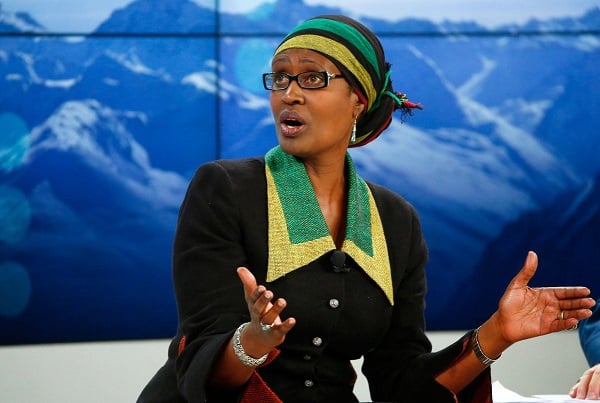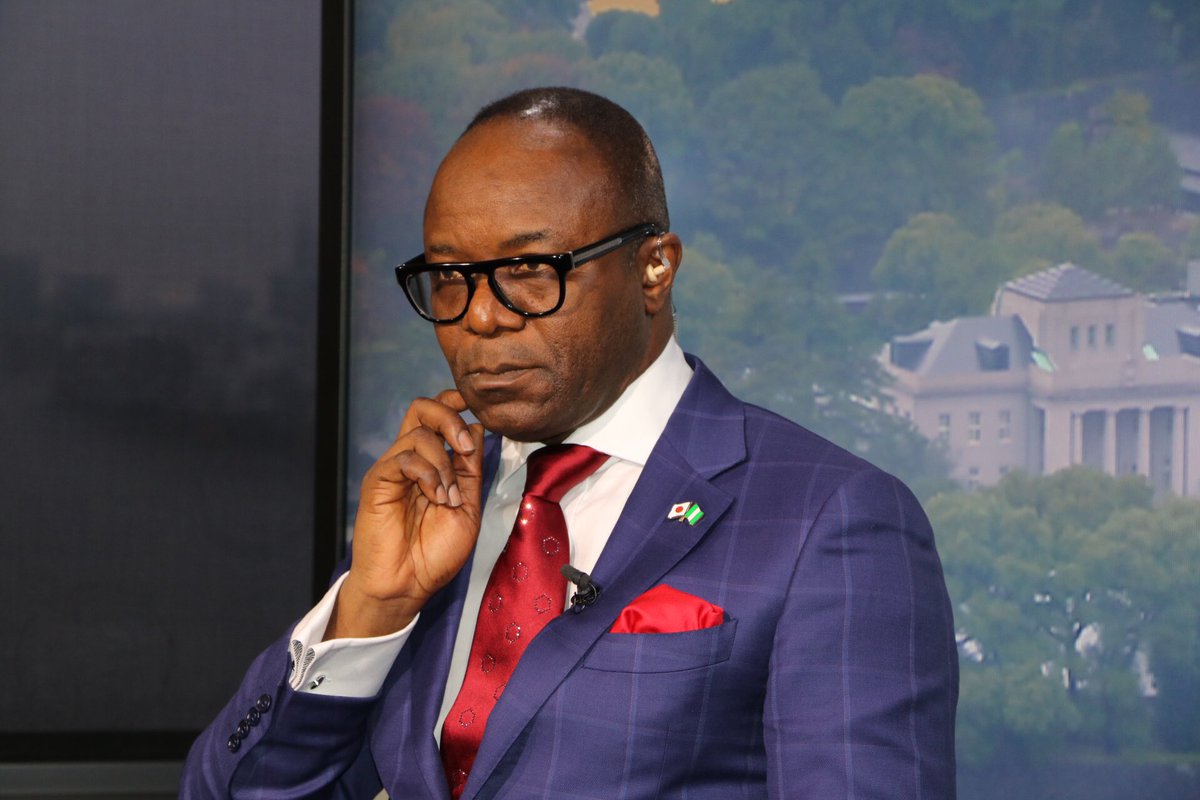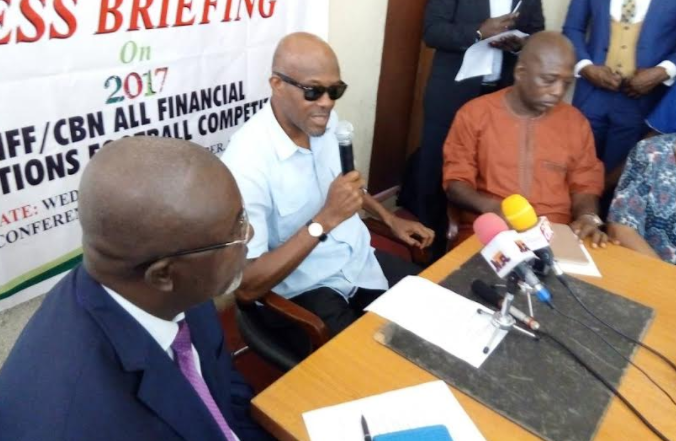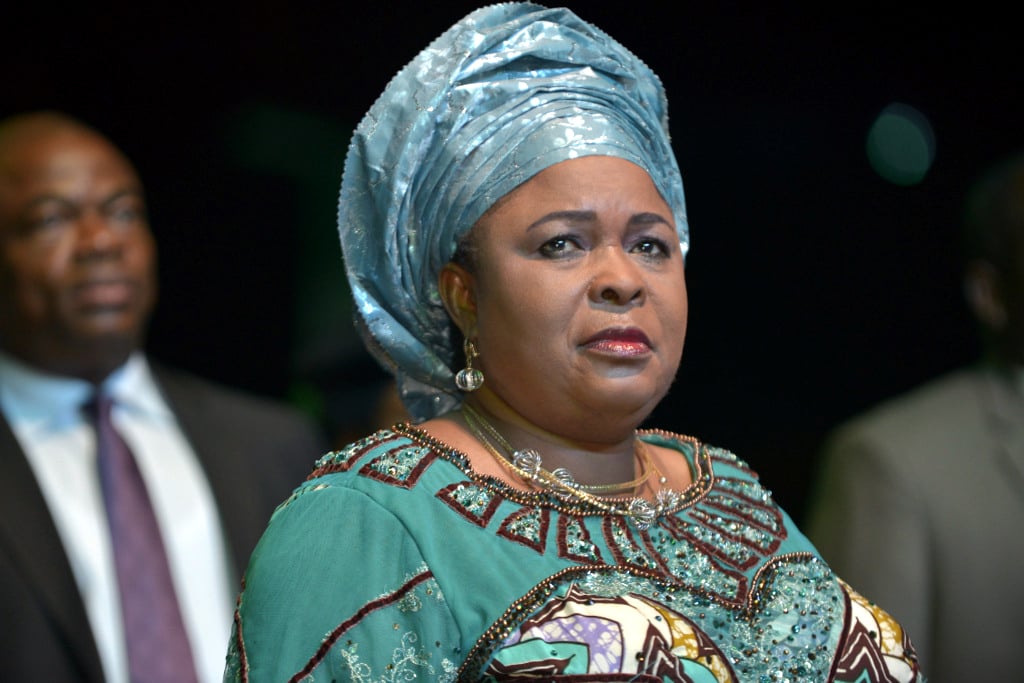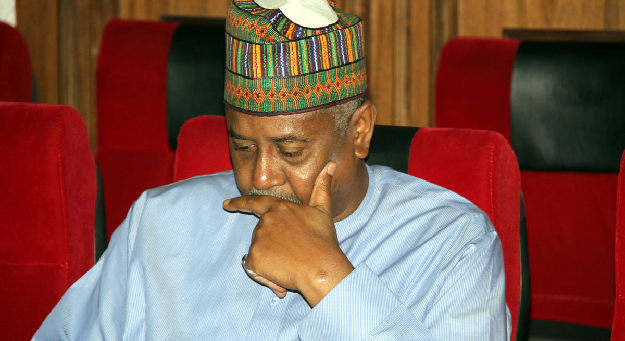
Winnie Byanyima, Oxfam executive director, says it is shameful that Nigeria, which is the largest economy in Africa, has made the wrong decisions as regards improving the welfare of its citizens.
Byanyima made this statement on Wednesday while speaking at the ongoing World Bank and International Monetary Fund annual meetings holding in Washington, US.
“Compare Vietnam to Nigeria, on our commitment to reducing inequality index, Nigeria is at the bottom, Vietnam is fairly at the top. In Nigeria, up to 10 million children are not going to school, In Vietnam, every child gets good education. Both countries are almost middle income countries,” she said.
Advertisement
“Vietnam spends three times more than Nigeria on education in terms of budget allocation. In Nigeria, one in every 10 children do not reach their 5th birthday, in Vietnam, it’s one in 50. Vietnam spends twice as much as Nigeria on health. Vietnam is also struggling with inequality but you can see that the outcomes for their people are different than those of Nigeria.
“It is shameful that Nigeria should be there, the choices they have made are wrong choices and IMF is not going to tell them how to do it, they have to do it themselves.
Byanyima said there is no difference between the behaviour of autocratic African leaders and leaders of developed countries.
Advertisement
“Laws and policies are being made in the interest of the few at the top. They change, today he is the businessman, tomorrow he is the president and he is back to his business the day after, that’s how it works and it is wrong,” she said.
“The problem of political capture is everywhere and not just Nigeria, I only used them as an example.
“In Africa, it manifests itself as corruption but in the North here in the United States, it manifests itself as bending the rules and creating rules for yourself. It’s the same issue, political capture and the solution lies in us claiming back our democracy, there are no shortcuts here.”
According to Byanyima, the index, which captures 150 countries, is based on fair taxation, social spending and labour rights.
Advertisement
Add a comment

